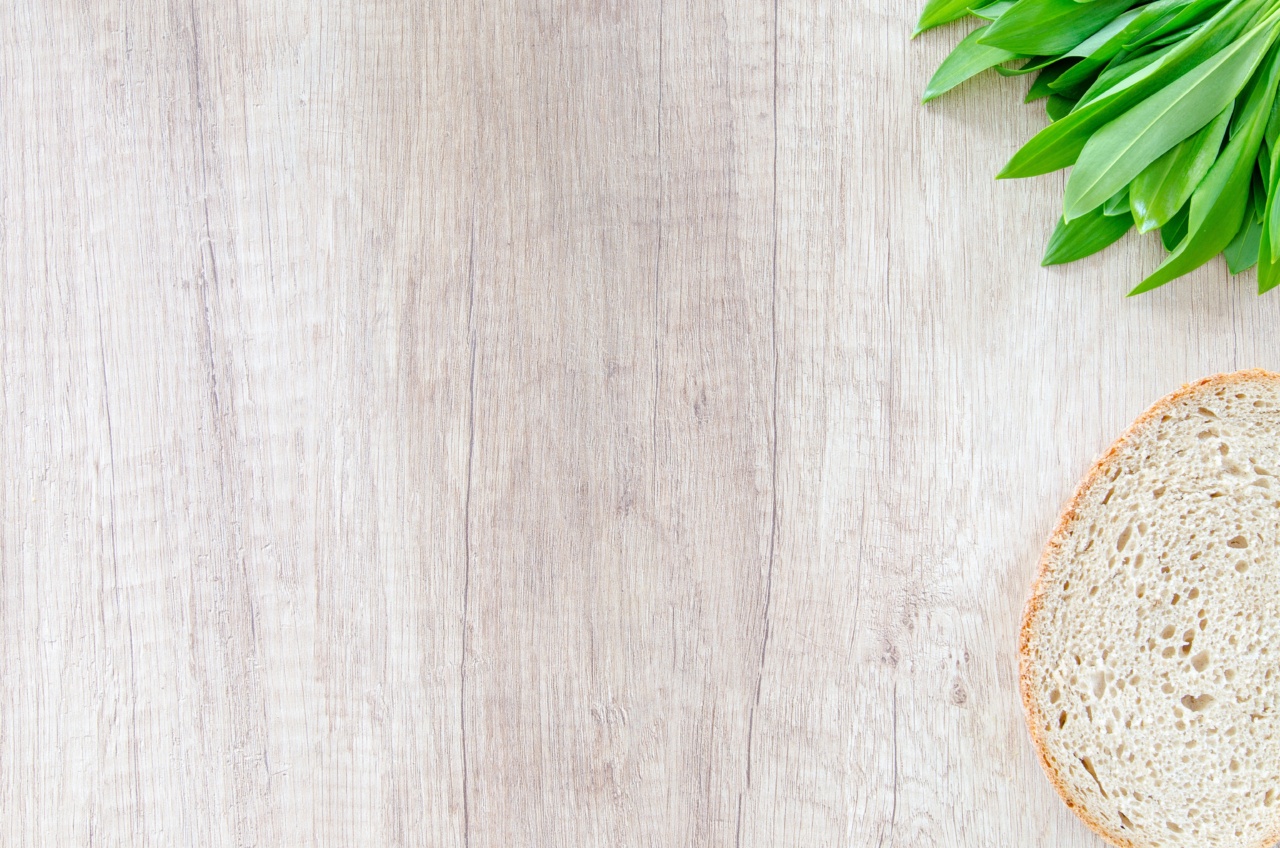What we eat has a direct impact on our bodies, and can lead to positive or negative health outcomes depending on our dietary habits.
In recent years, there has been growing evidence to suggest that rough food, or foods that are tough to chew and swallow, may be linked to chronic pain. Here’s what you need to know about this connection.
What is Chronic Pain?
Chronic pain is a condition characterized by persistent pain that lasts for more than 12 weeks, often despite medical treatment. It can be caused by a variety of factors, including injury, illness, or nerve damage.
Chronic pain can occur in any part of the body and can impact a person’s ability to perform daily tasks and activities.
The Role of Diet in Chronic Pain
Diet plays an important role in overall health and wellbeing, and can also affect the severity of chronic pain symptoms. Some foods are known to have anti-inflammatory properties, which can help reduce inflammation in the body and alleviate pain.
On the other hand, certain foods can exacerbate inflammation and make chronic pain worse.
What are Rough Foods?
Rough foods are those that are difficult to chew and swallow, and require a lot of jaw movement to break down. Examples include tough meats, fibrous vegetables, and hard to chew grains like quinoa or brown rice.
These foods can be especially challenging for people with dental problems, TMJ disorders, or other conditions that impact their ability to chew properly.
The Link Between Rough Foods and Chronic Pain
Recent studies have suggested that there may be a link between rough foods and chronic pain.
One study published in the Journal of Pain found that participants who ate a diet high in rough foods had higher levels of chronic pain than those who ate a soft diet. The researchers theorize that the increased jaw movement required to eat rough foods may put stress on the temporomandibular joint (TMJ), which can exacerbate chronic pain symptoms.
Reducing your Intake of Rough Foods
If you are experiencing chronic pain, it may be helpful to reduce your intake of rough foods and focus on softer, easier to chew options.
Some examples include cooked vegetables, mashed sweet potatoes or squash, and lean proteins like ground turkey or fish. Avoiding hard or chewy candy, popcorn, and other foods that require excessive jaw movement can also help alleviate pain.
Other Tips for Managing Chronic Pain
In addition to monitoring your diet, there are other lifestyle changes that can help manage chronic pain. These include regular exercise, stress reduction techniques like meditation or yoga, and getting enough sleep.
If your chronic pain is severe or impacting your quality of life, it is important to speak with your doctor to explore treatment options.
Conclusion
The link between rough foods and chronic pain is an area of ongoing research, but there is evidence to suggest that dietary changes can help alleviate symptoms.
If you are experiencing chronic pain, consider reducing your intake of rough foods and incorporating more soft, easy to chew options into your diet. Remember that every person’s experience with chronic pain is unique, and it is important to work with your healthcare provider to develop a comprehensive treatment plan that meets your individual needs.



























